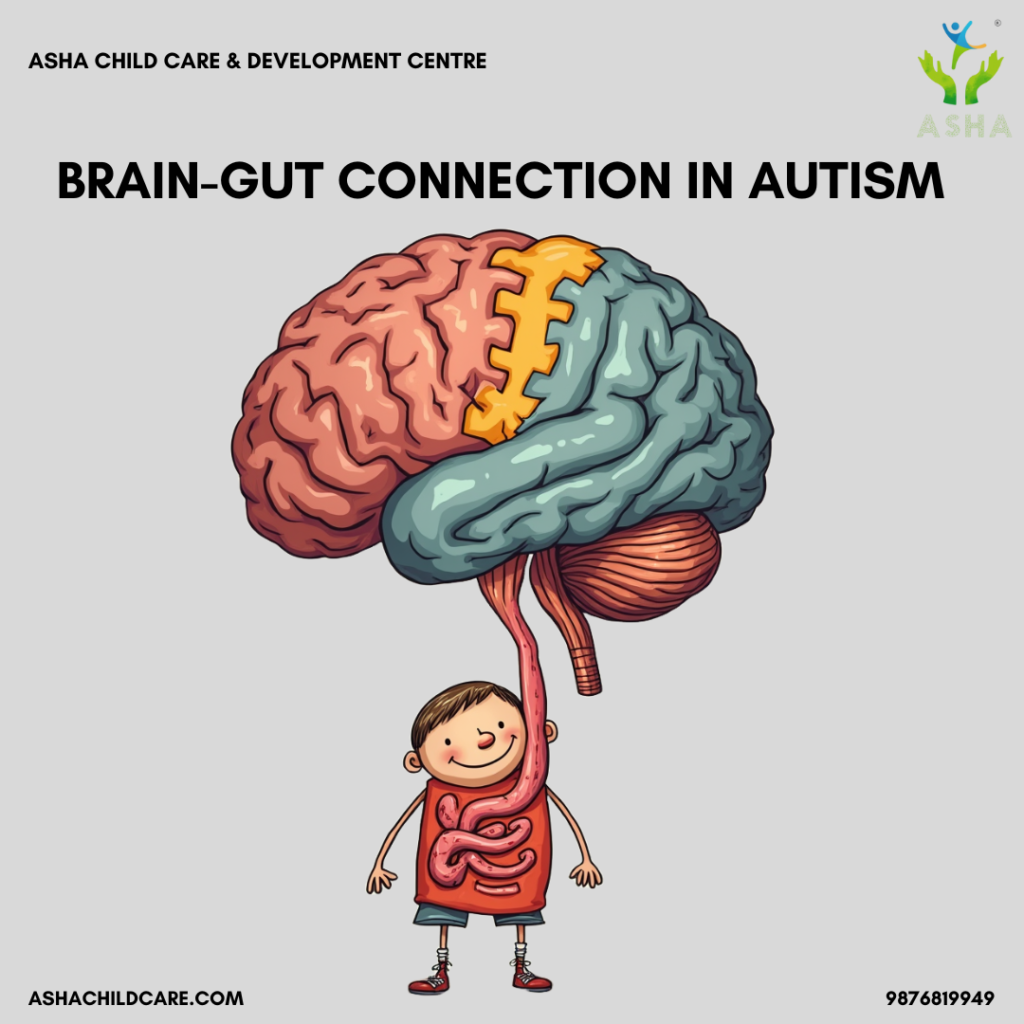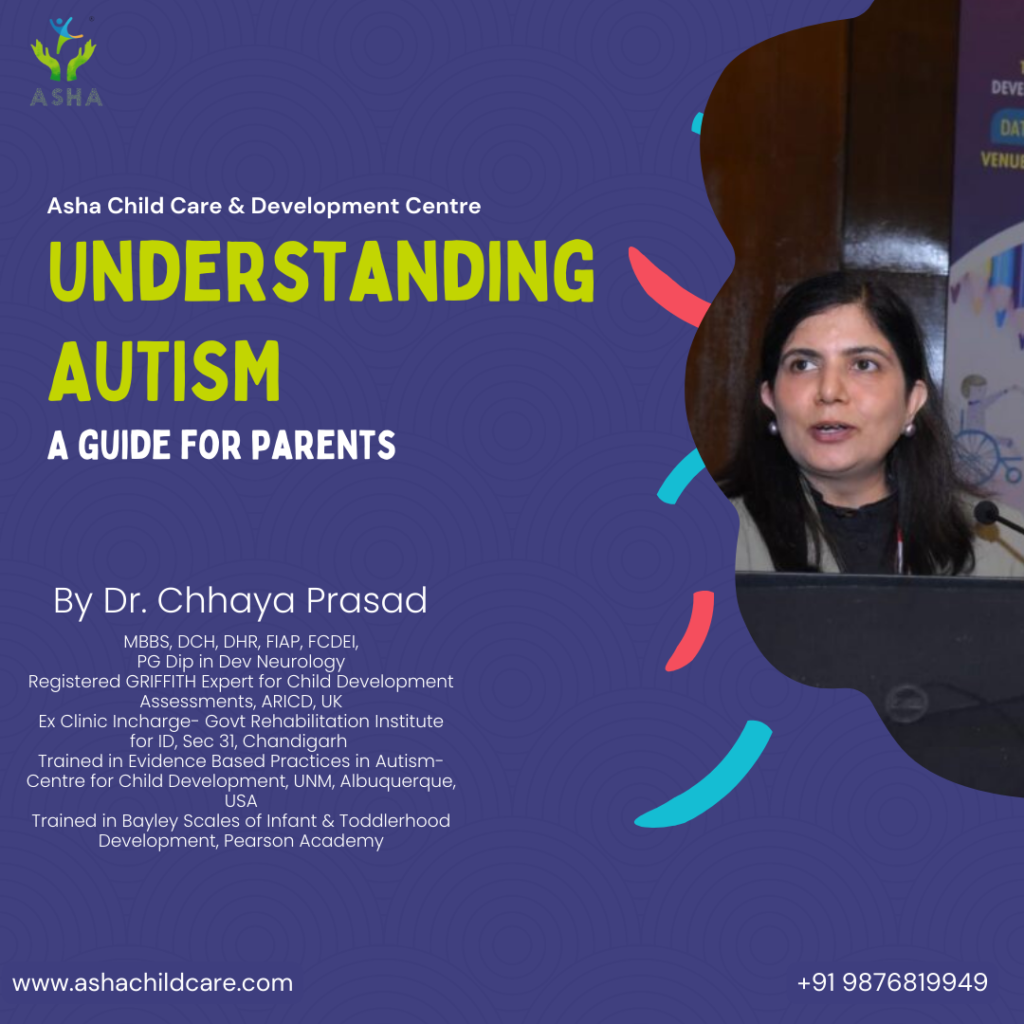Understanding the Brain-Gut Connection in Autism

The Brain-Gut Axis: What Is It?
Did you know your stomach acts like a second brain? Up to 70% of children with autism have gut issues. This is because our gut and brain are connected by millions of nerve cells. The gut influences our emotions and actions, not just the brain. Most of our neurotransmitters, like serotonin which affects our mood, are made in the gut. This connection, called the microbiota-gut-brain axis, is crucial for understanding autism.
How Gut Health Affects Autism
Gut health starts even before birth. Babies get bacteria from their mother, which helps develop a healthy gut. This is important because a baby’s brain grows rapidly in the first two years.
New Treatments for Autism
Doctors are exploring how gut health can help treat autism. A good diet with prebiotics and probiotics supports beneficial gut bacteria. There’s also a promising treatment called Microbial Transplant Therapy (MTT). It involves transferring healthy bacteria to a child’s gut to restore balance. While more research is needed, early results show it could help manage autism symptoms. At Asha Child Care & Development Centre, our team of experts focuses on finding the best nutritional therapy for each individual to improve gut health and support those with autism.
Contact Us
At Asha Child Care & Development Centre, we offer comprehensive care for both gut health and autism. Our experienced team includes a pediatrician, neonatologist, pediatric gastroenterologist, pediatric nutritionist,senior Remedial Educator and specialists in developmental neurology and intellectual developmental disorders. For personalized support and expert care, contact us by filling this form or call us at 9356108559.


